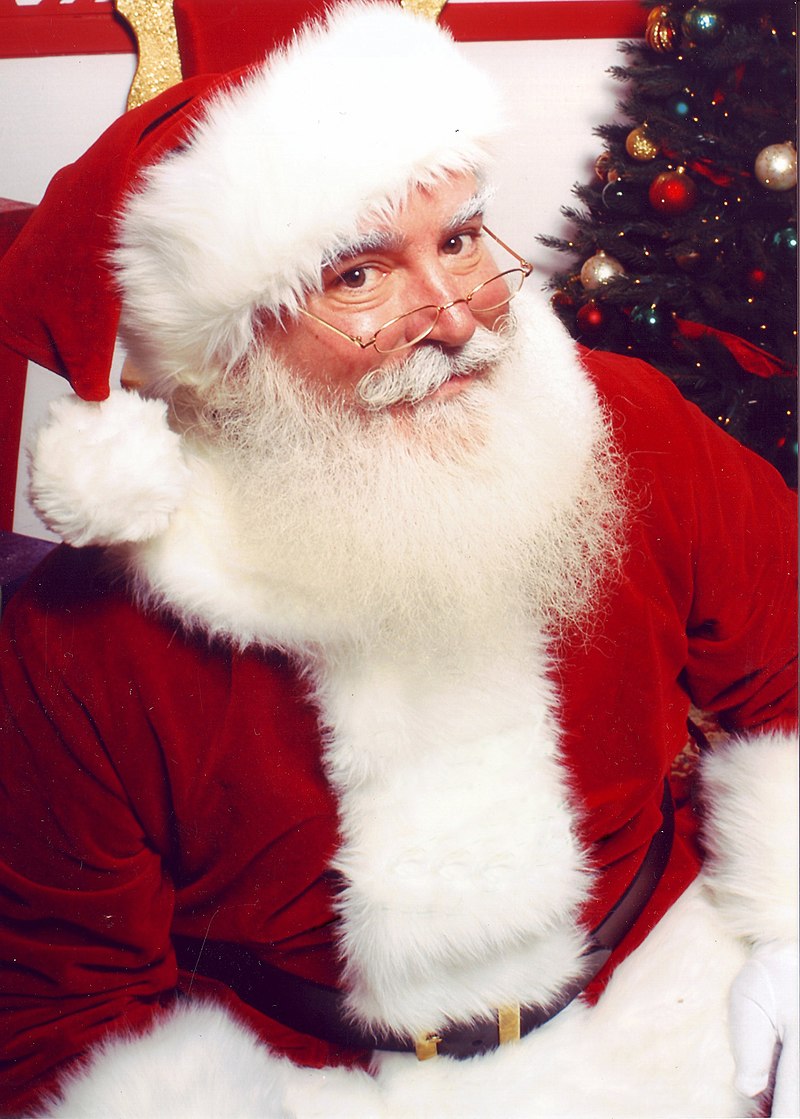Stamp with Attached Label: Father Christmas with Traditional Cracker (United Kingdom of Great Britain & Northern Ireland 2002)
Father Christmas with Traditional Cracker (United Kingdom of Great Britain & Northern Ireland 2002)
01 October (United Kingdom of Great Britain & Northern Ireland ) within release Christmas 1997 - 150th Anniv of Christmas Cracker goes into circulation Stamp with Attached Label Father Christmas with Traditional Cracker face value 1st No Face Value
| Stamp with Attached Label Father Christmas with Traditional Cracker in catalogues | |
|---|---|
| Michel: | Mi: GB 1715IIC |
Stamp with Attached Label is square format.
Was printed in a sheet of 20 stamps and 20 decorative panels, which sold for £ 5.95. The decorative fields could also be designed individually to order (postage price per sheet 14.95 £).Stamp with Attached Label Father Christmas with Traditional Cracker it reflects the thematic directions:
Christmas or Christmas Day (Old English: Crīstesmæsse, meaning "Christ's Mass") is an annual festival commemorating the birth of Jesus Christ, observed most commonly on December 25 as a religious and cultural celebration among billions of people around the world. A feast central to the Christian liturgical year, it is prepared for by the season of Advent or the Nativity Fast and initiates the season of Christmastide, which historically in the West lasts twelve days and culminates on Twelfth Night; in some traditions, Christmastide includes an Octave. The traditional Christmas narrative, the Nativity of Jesus, delineated in the New Testament says that Jesus was born in Bethlehem, in accordance with messianic prophecies; when Joseph and Mary arrived in the city, the inn had no room and so they were offered a stable where the Christ Child was soon born, with angels proclaiming this news to shepherds who then disseminated the message furthermore. Christmas Day is a public holiday in many of the world's nations, is celebrated religiously by the vast majority of Christians, as well as culturally by a number of non-Christian people, and is an integral part of the holiday season, while some Christian groups reject the celebration. In several countries, celebrating Christmas Eve on December 24 has the main focus rather than December 25, with gift-giving and sharing a traditional meal with the family.
A festival is an event celebrated by a community and centering on some characteristic aspect or aspects of that community and its religion or cultures. It is often marked as a local or national holiday, mela, or eid. A festival constitutes typical cases of glocalization, as well as the high culture-low culture interrelationship. Next to religion and folklore, a significant origin is agricultural. Food is such a vital resource that many festivals are associated with harvest time. Religious commemoration and thanksgiving for good harvests are blended in events that take place in autumn, such as Halloween in the northern hemisphere and Easter in the southern.
Santa Claus (also known as Saint Nicholas, Saint Nick, Father Christmas, Kris Kringle or Santa) is a legendary figure originating in Western Christian culture who is said to bring gifts during the late evening and overnight hours on Christmas Eve. Christmas elves are said to make the gifts in Santa's workshop, while flying reindeer pull his sleigh through the air

